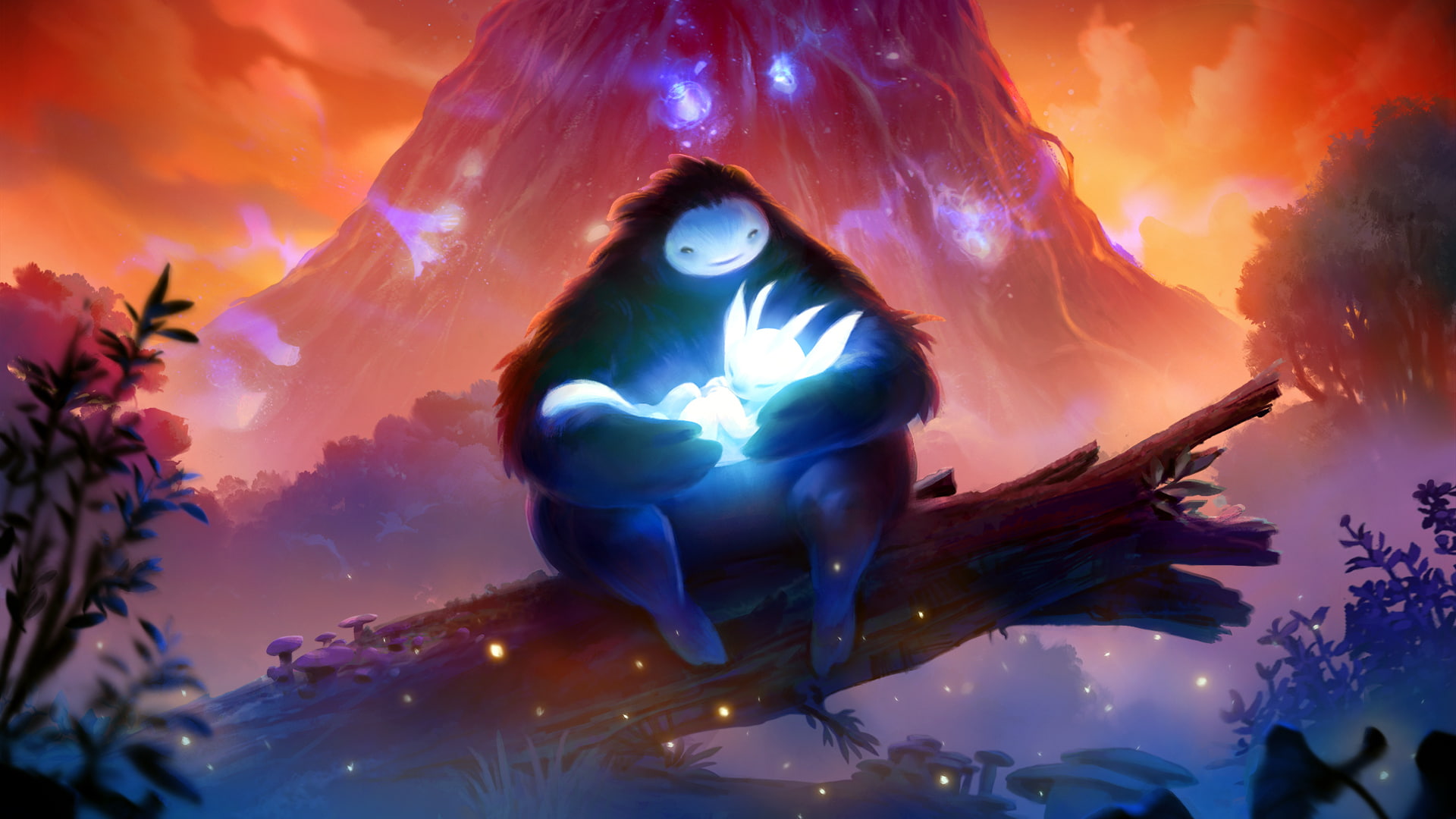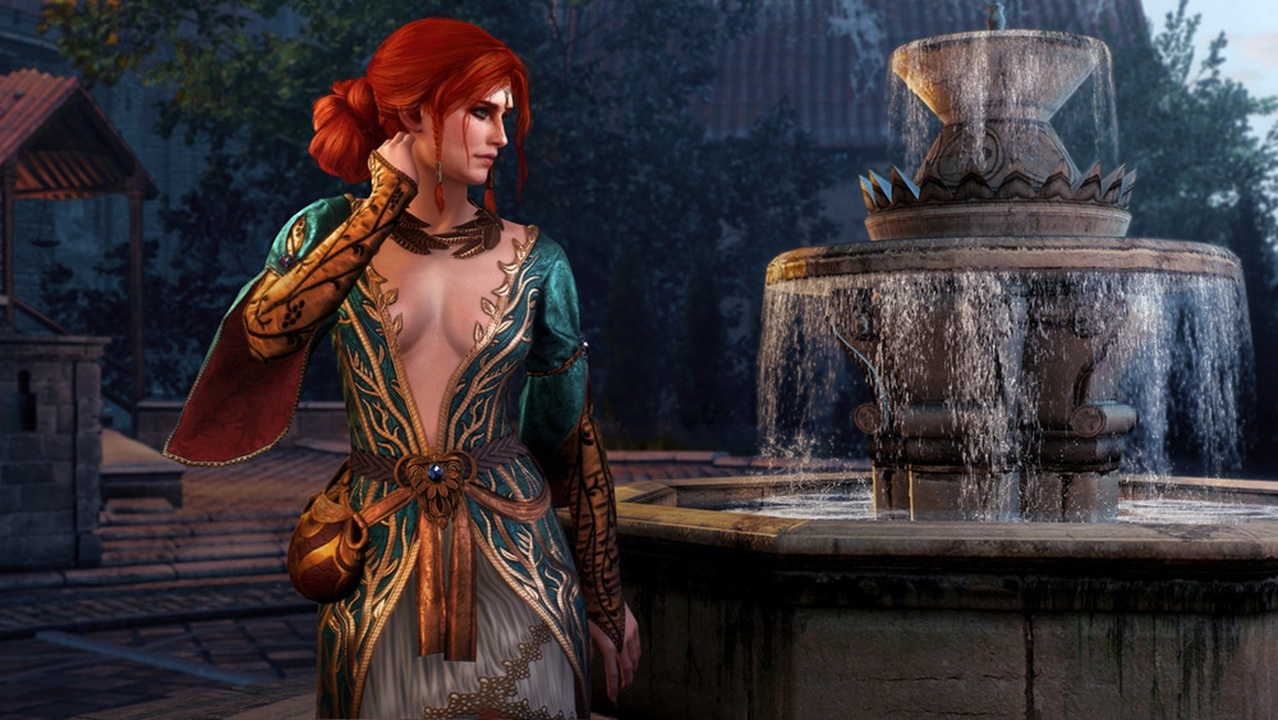- The developer behind Ori and the Blind Forest does not like huge worlds with unfocused-level design.
- He states that games should focus on smaller open worlds with hand-crafted content.
- Thomas Mahler believes AI can help development, but it should be used as a starting point.
Moon Studios has created various beautiful worlds in the Ori franchise. Credited for Metrodivania excellence, this team has sold 10 million units of the series so far, thanks to incredible level design, art direction, and more.
The designer behind this IP recently commented on level design and open worlds in gaming, sharing his insight on the subject. From his perspective, gamers are suffering from open-world fatigue due to poor level design.
Why it matters: Nearly every studio has dipped its toes into open-world game design, experimenting with the genre in one way or another.
Since quite a lot of people have asked about how we crafted our 'open world', here we go!💡😀
I generally see a lot of 'open world fatigue' in gamers at the moment. The problem here is this:
Procedural Generation Tech of today is just still not good enough to actually create…
— thomasmahler (@thomasmahler) March 8, 2024
Thomas Mahler, the director and designer behind Ori and The Blind Forest, states that most games with empty open worlds use procedural level design to help with development, which ends up compromising the level design.
The problem with this approach is that you get vast stretches of emptiness that aren’t fun to traverse through.
-Thomas Mahler
He believes players get into open-world fatigue when they simply hold the controller to move their characters for minutes into the open world as if they are playing a walking simulator.
While open-world games are abundant on the market, most focus on the volume of content instead of making the existing content exciting. However, Moon Studios is taking a different approach for its next game.
The director states that games do not need 10,000 planets, possibly referencing Starfield. Instead, his team’s focus was on creating a large space with intricately designed elements for the best experience.

Thomas Mahler also acknowledged the useful attributes of AI. He believes AI can help reduce workloads in the future, but it should be treated as a starting point, encouraging designers to build off of it.
From his perspective, an engaging world needs different stories, mysteries, interactive NPCs, and more for the best result.
While we agree with Thomas Mahler, certain games can also benefit from the sheer scope of modern AAA open worlds. Elden Ring immediately comes to mind, which influenced many titles to take an open-world approach.
Similarly, last year’s critically acclaimed Zelda: Tears of the Kingdom was lauded for its open-world. However, these are the exceptions rather than the norm, so it is easy to see why Thomas Mahler holds this opinion.
Thank you! Please share your positive feedback. 🔋
How could we improve this post? Please Help us. 😔
[News Reporter]
Bawal is an MBBS student by day and a gaming journalist by night. He has been gaming since childhood, growing fond of the creativity and innovation of the industry. His career as a gaming journalist started one year ago, and his journey has allowed him to write reviews, previews, and features for various sites. Bawal has also been cited in reputed websites such as Screenrant, PCGamesN, WCCFTech, GamesRadar, and more.




